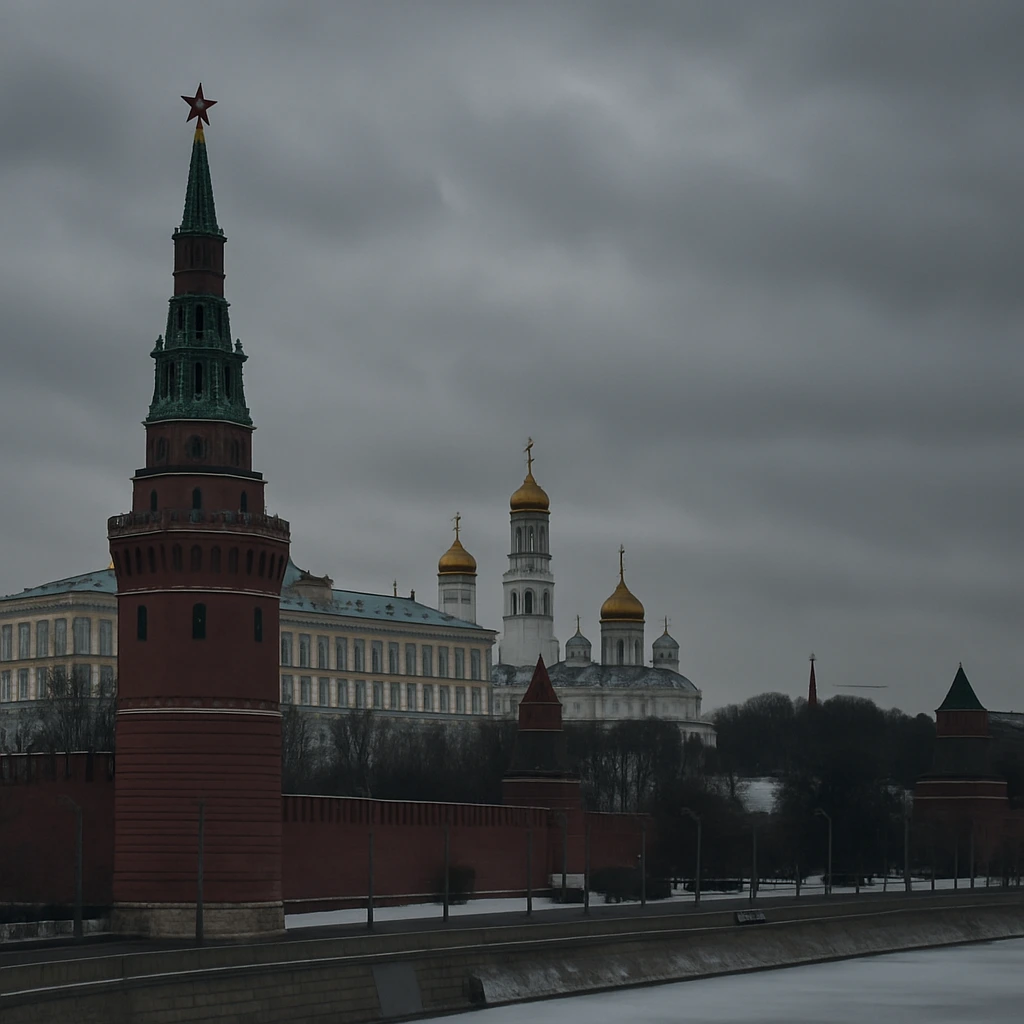Public approval of the Russian government appears to be past its peak. According to the latest data from the Levada Center (designated a foreign agent in Russia), 69% of Russians believe the country is moving in the right direction, down from 74% in March 2025. Meanwhile, the share of those who think the country is on the wrong track remains stable at 17%. What’s changing, however, is the growing share of those who can’t make up their minds—rising by four percentage points since May to reach 14%.
Sociologists note that discontent is most pronounced among rural residents (21%), the poorest respondents—those who say they “barely have enough for food” (22%)—and active YouTube users (27%). While the overall landscape still looks favorable for the authorities, the signs of decline are already visible. A source familiar with internal analytics reports that even the more loyal Foundation for Public Opinion (FOM) has recently detected a dip in ratings. They remain high, but as sociologists admit, this is largely due to the lack of alternatives, tight censorship, and widespread fear of repression.
A less politicized indicator—people’s views on the overall direction of the country—suggests that the ceiling of public approval has likely been reached. The slow decline began several months ago, around the time it became clear that peace negotiations over Ukraine had reached a dead end. Since then, a quiet but steady disillusionment has been growing.
Skepticism is most acute among the rural poor, for whom the consequences of the war are the most tangible: casualties, conscription, budget cuts, and collapsing infrastructure. There are no open protests in the provinces, but this is precisely where disapproval of current events is strongest.
In addition, the war is becoming part of daily life for more and more Russians. Drone attacks on Moscow, airport disruptions, and restrictions on mobile internet have begun to disturb the everyday rhythm of life, especially in major cities. The echo of the war is no longer confined to the front. Still, a source cautions against overstating the effect: loyalty to the government in urban centers remains high. The prevailing public sentiment is that “everything is under control” and any threats will eventually be neutralized.
The only scenario in which the authorities could hope for a new surge in approval is the end of the war. According to estimates, 60–65% of Russians favor ending hostilities. But here lies a dilemma: the end of the war would almost inevitably trigger questions about the cost, both in lives and resources. And that, in turn, could lead to a far more painful collapse in public support. This is likely one of the reasons why the war continues.


















